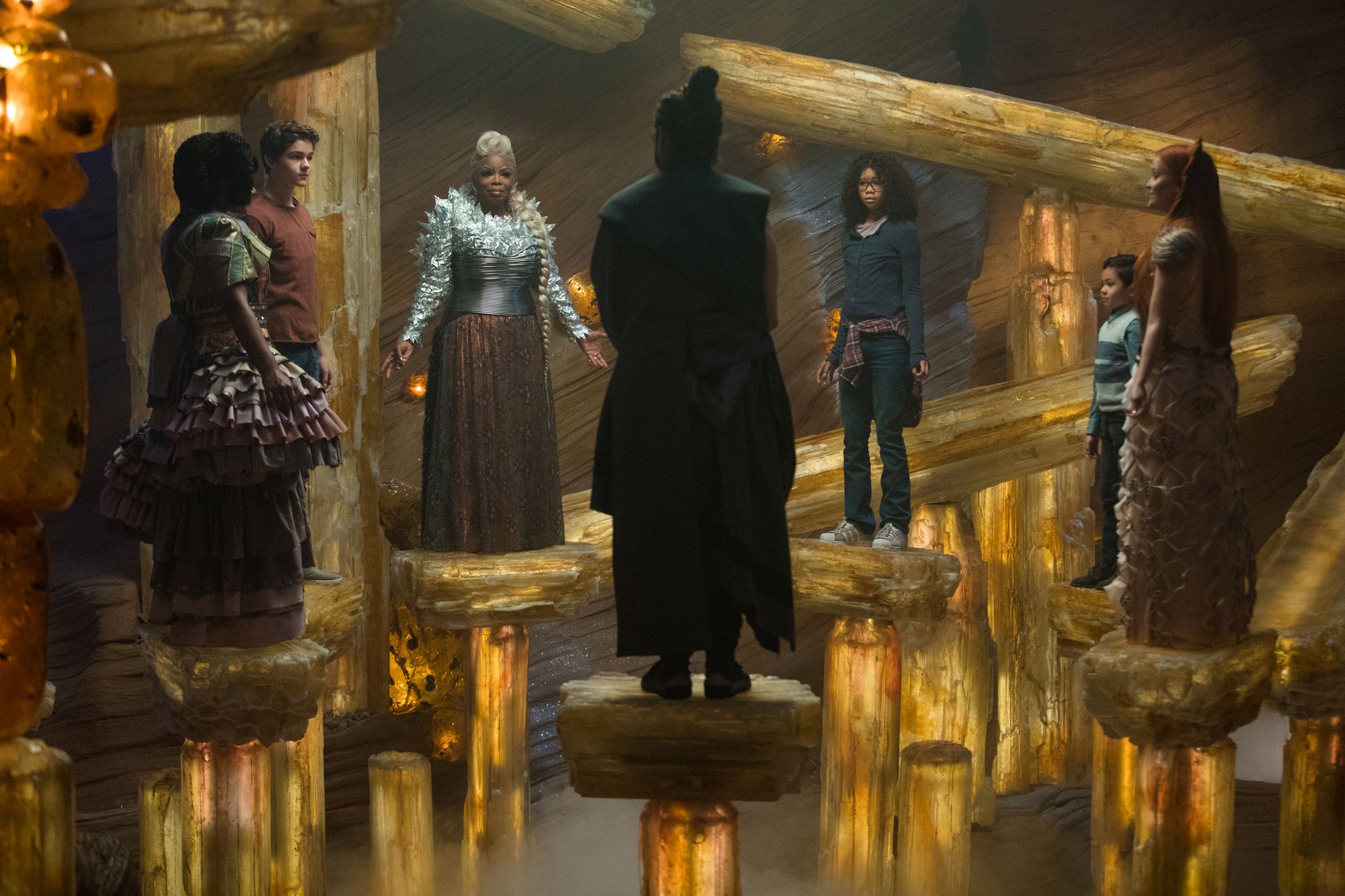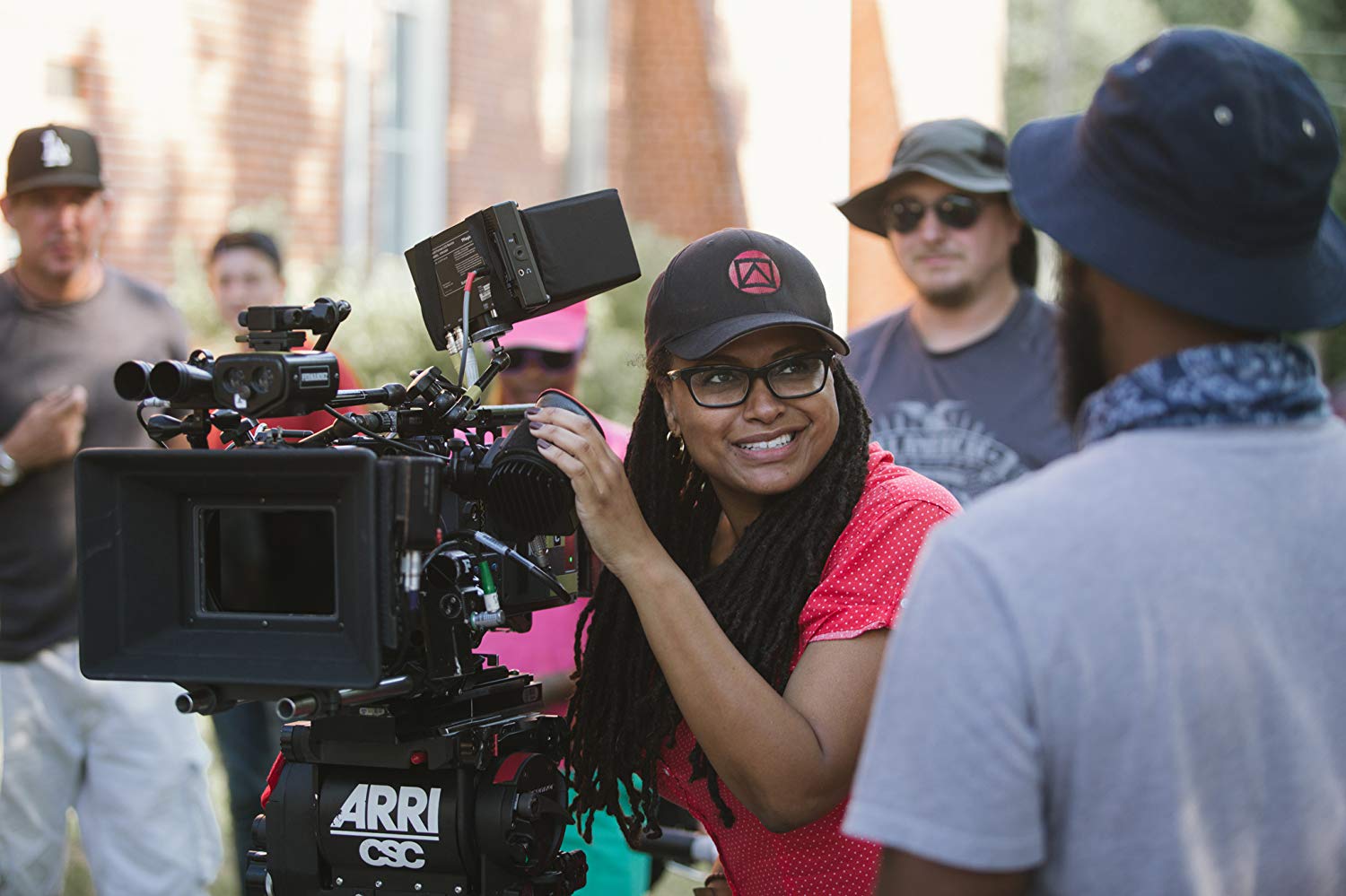By Siavash Minoukadeh, Entertainment Sub-Editor
Ava DuVernay has made history countless times: as the first black woman nominated for a Golden Globe for direction, the first black woman-directed film to be nominated for an Academy Award, and the first black woman to direct a film with a budget of over $100m.
‘Hearing her speak, it gives me a lot of confidence to do just what she does. Which is to be true to herself. Not being afraid to stand up for what she believes in, stand up for her values and also be inviting about it.’
So says Nneka Udoh in a Washington Post profile published last year of Ava DuVernay. Her sentiment is shared by many, from Oprah to Anita Hill. As a female African-American filmmaker, her career has been an inspiration for many.

Her films have gone down in history and given her multiple ‘firsts’: first black woman to be nominated for a Golden Globe for direction, first black woman-directed film to be nominated for an Academy Award, first black woman to direct a film with a budget of over $100m.
Frankly, her success should not be this exceptional, especially given the huge contributions - often uncredited - that black women have madethroughout the history of cinema but due to the continued presence of racism and sexism in the film industry, DuVernay’s blockbuster success is a major achievement.
,The power of film. My weapon of choice is my voice. ✊🏾 https://t.co/wr9xaU9Z5y
— Ava DuVernay (@ava) September 30, 2019
What is even more impressive about DuVernay’s career is how she has managed to make history herself telling the stories of African-Americans who did the same before her. Her breakthrough feature Selma (2014) captured Martin Luther King Jr.’s organisation of the iconic civil rights march in Alabama in the summer of 1965.
This story and its central figure are familiar for most audiences, but DuVernay’s emphasis on the march itself, and the tensions that came before it, set Selma apart from other historical biopics. The impact is instead placed on the history of the march, and the impact that MLK’s radical beliefs have had.
Frankly, her success should not be this exceptional, especially given the huge contributions that black women have made
DuVernay also tackled another key moment in recent African-American history in her Netflix miniseries When They See Us (2019) which told the story of the Exonerated Five - five young black and latinx men who in 1989 were wrongly accused of raping a woman.
The series did not simply tell the story of the five, and the racist campaign against them - including from current U.S. President Donald Trump - it reframed the narrative in which the men were seen. Previously known as the Central Park Five, DuVernay instead popularised them as the Exonerated Five, highlighting the injustice they faced rather than linking them to a crime it has been proven they could not have committed.
Not content with how we see black history, DuVernay has also attempted to broaden how audiences perceive the future. Her debut sci-fi film A Wrinkle in Time (2018) took the popular novel of the same name and boldly adapted it for not only the screen, but for diverse contemporary audiences.
In DuVernay’s film, the teenage protagonist Meg Murry did not follow the book and was instead played as an African-American Angeleno - much like DuVernay herself. A Wrinkle in Time displayed another aspect to DuVernay’s vision: alongside a boldly humane account of black history, her films also expand the prominence of African-Americans in fictional futures and provide an inspiration for black children growing up today.
Alongside a boldly humane account of black history, her films also expand the prominence of African-Americans in fiction
This is what sets DuVernay apart from her peers: she has built her activist ethos into every aspect of her filmmaking career. She has not settled for being a history-making filmmaker herself, and is instead trying to make sure that although she was a ‘first’, she won’t be the only one.
She has reached back into history not to plunder the lives of those who came before, but to raise their stories up for the praise they deserve. Selma is not the story of MLK alone: DuVernay has fleshed out the characters beyond the big name as well. King’s wife Coretta, local activist Richie Jean Jackson, and organiser Diane Nash are all given the credit due to them.

In a cinema landscape where so many films are trying to capture the spirit of grassroots outrage felt by so many of us, few filmmakers have managed to create a career that is as comprehensively impactful on African-American history and communities as DuVernay’s has been.
This article is part of Epigram Film & TV’s Black History Month coverage. Over the course of the month, we will be featuring stories of pioneering black figures in cinema and highlighting some must-watch pieces of black cinema.
Featured: IMDb / Atsushi Nishijima
Are there any other pioneering black filmmakers that stand out to you?









